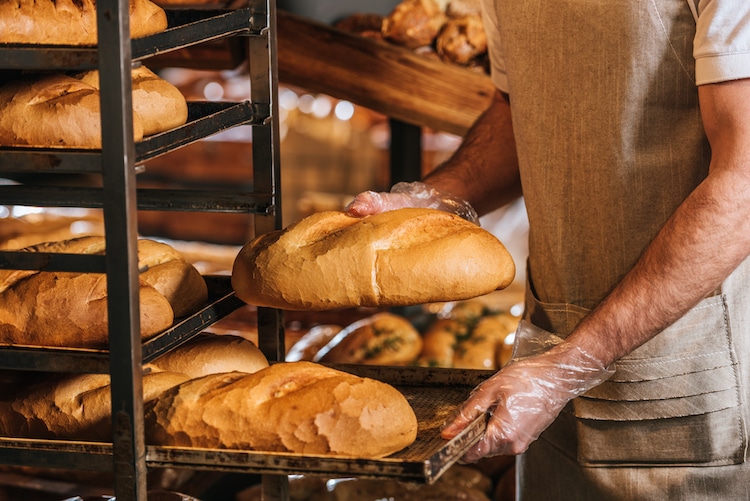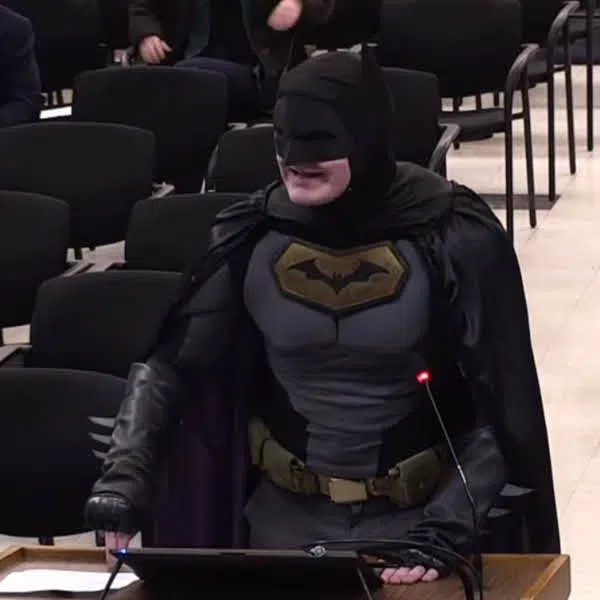
Photo: IgorVetushko/Depositphotos
In January 2022, a new law has taken effect in California that is poised to help those affected by food insecurity and reduce greenhouse gas emissions. Instead of tossing unused or expired food, Senate Bill 1383 requires all grocery stores and food suppliers to donate all edible food waste to food rescue organizations or food banks.
Originally signed in 2016 under Governor Jerry Brown, the law addresses the effects of food waste on climate change—with organic food waste being among the largest producers of methane and carbon dioxide. “According to ReFED, about 35% of all food goes to waste. What we’re trying to do is prevent that,” Patty O'Connor, the chief supply chain officer at Feeding San Diego, says. “It’s a really great win-win relationship all around. We don't want food wasted in a landfill. Nobody wants to throw away food so why should we have food thrown away when we can take that perfectly good, edible food and get it to people like our neighbors.”
By complying with SB 1383, San Diego hopes to reduce their toxic organic waste disposal by 75% by 2025. Additionally, to ensure that unused food will be distributed to those in need, food suppliers will be obligated to have a contract with a food rescue organization, like Feeding San Diego, which organizes over 40 million meals in San Diego every year. While this law only applies to food suppliers right now, it will extend to restaurants, hotels, and schools in 2024.
California passes a new law requiring grocery stores to donate all edible food waste to food rescue organizations or food banks.
h/t: [Move for Hunger, CBS8]
Related Articles:
Student Creates Ingenious Solar Panels Made From Food Waste
Ingenious Finnish Grocer Has “Happy Hour” to Help Reduce Food Waste
UK Opens ‘Pay-as-You-Feel’ Supermarket Selling Expired Food to Help Eliminate Waste






















































































